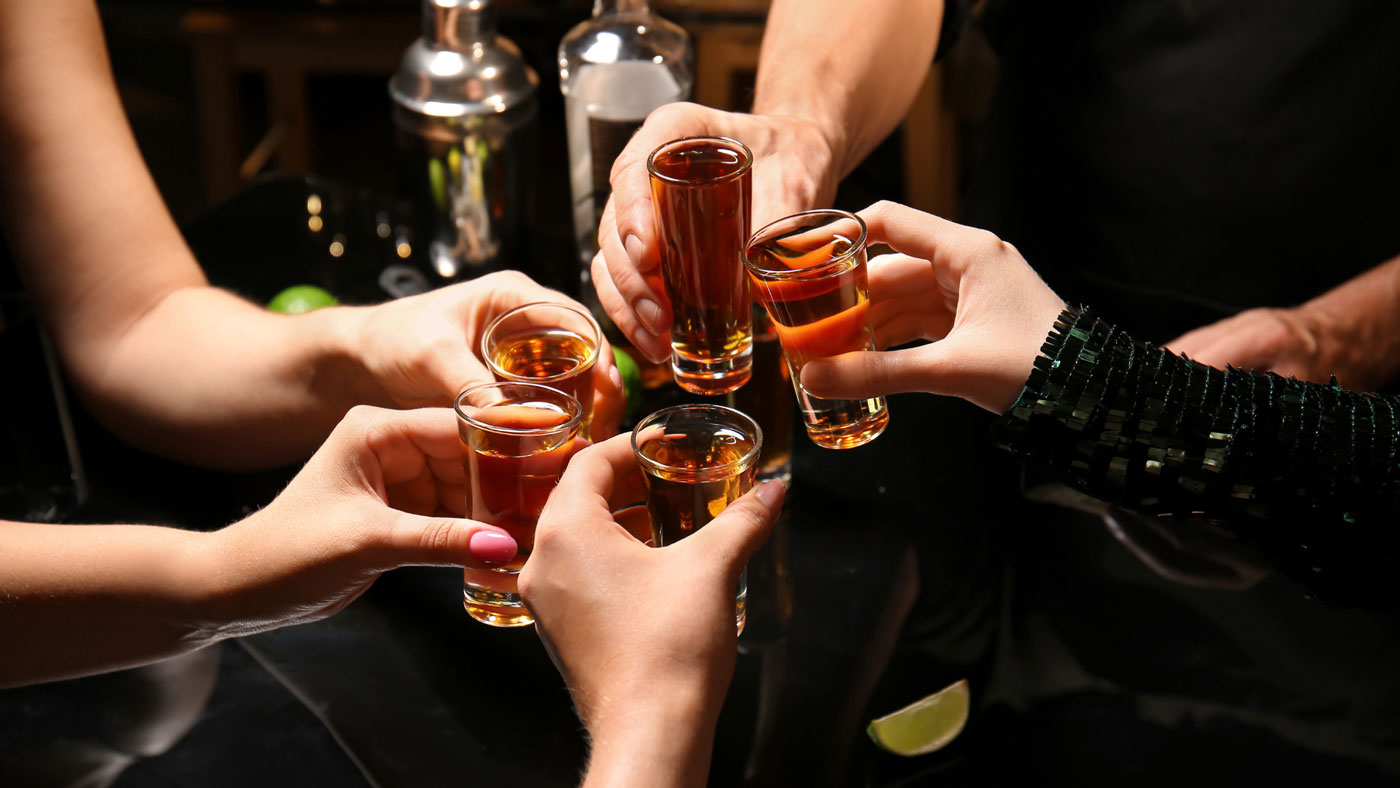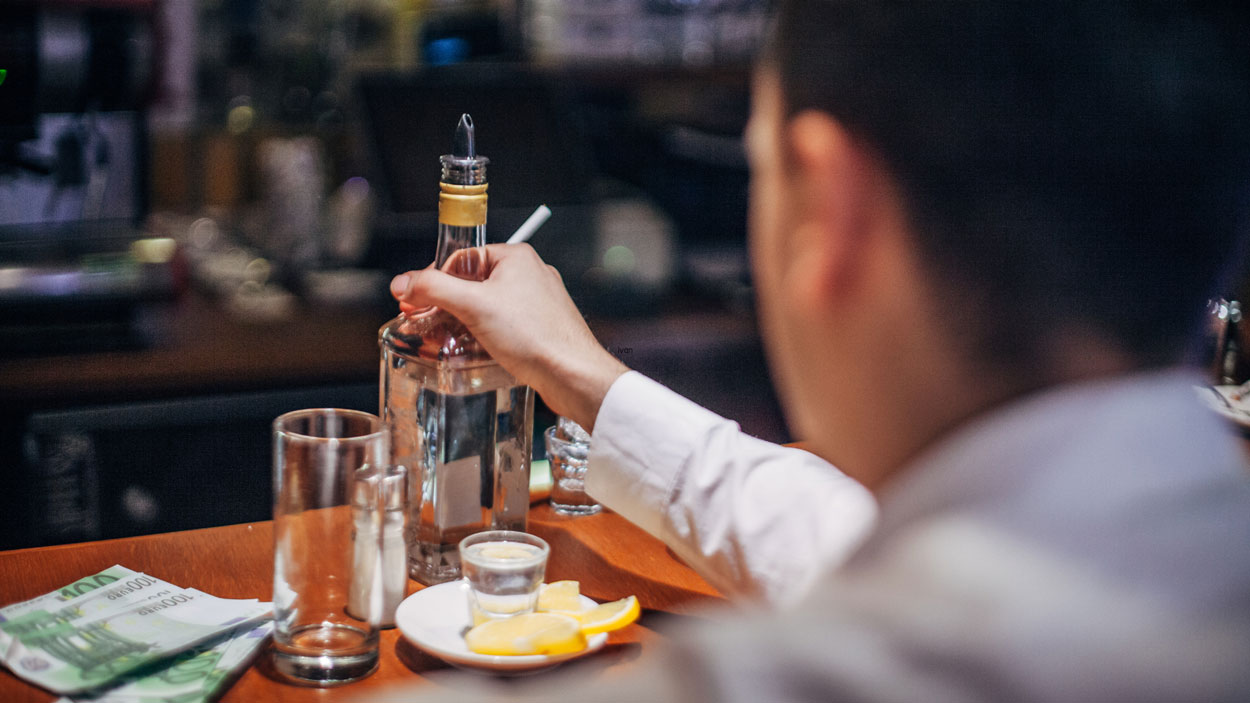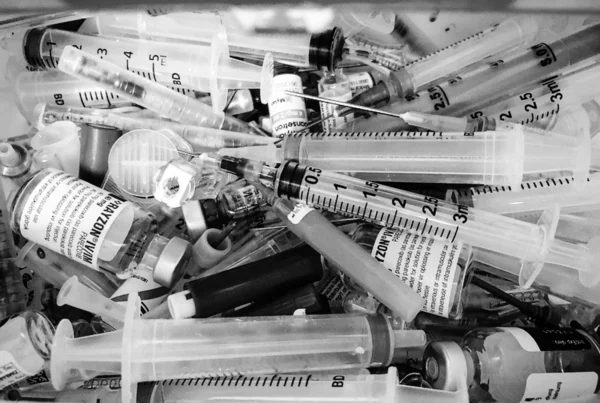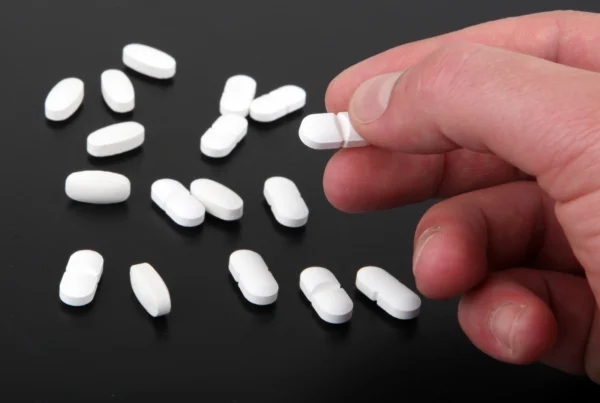
Table of Contents
Key Points
- Tequila contains alcohol, and alcohol is a depressant, not a stimulant.
- Depressants increase GABA and decrease Glutamate.
- Tequila has many side effects, including sleeping problems.
No, tequila is a depressant like all other forms of alcohol. Though you may feel otherwise, tequila will ultimately slow down your central nervous system (CNS). If you’ve ever had a tequila sunrise, margaritas, or tequila shots, you’ve likely experienced these CNS effects.
 Tequila History
Tequila History
Mexican tequila production started in the late 17th century by Don Pedro Sánchez de Tagle y Pérez Bustamante, the 2nd Marquis of Altamira (modern-day Jalisco).
He married his first cousin to get that title.
Because the King of Spain had recently outlawed the planting of new vineyards in Mexico in an attempt to create less competition for the domestic wine market in Spain, Don Pedro seized on the opportunity to utilize the plentiful Blue Agave plants.
Blue Agave plants were, and still are, high in sugar content, which makes them perfect for making alcohol. The pineapple-shaped bulbs at the heart of the plant get baked, juiced, fermented, and aged into the alcoholic drink you know as tequila.
The Mechanism of Action
The reason why tequila is still a depressant is that, ultimately, tequila contains alcohol. Alcohol gets produced in the fermentation process when added yeast converts the blue agave sugar into ethanol (alcohol).
Tequila is classified as a downer. Tequila’s alcohol is absorbed into your bloodstream through your stomach and small intestine. Once in the bloodstream, it increases the activity of receptors for gamma-aminobutyric acid (GABA).
GABA are inhibitory neurotransmitters, which means they are responsible for both producing feelings of calm. It also depresses the central nervous system which causes suppression of breathing/heart rate.[1]
Alcohol also inhibits the activity of the amino acid glutamate, which is the principal excitatory neurotransmitter in the central nervous system. [2] When glutamate is inhibited, it results in memory loss and other impaired brain functionality. Since we will always tend toward homeostasis, your body would try to produce more excitatory glutamate to counteract the presence of inhibitory GABA.
But… glutamate production is also curtailed, which leads to a spiral in which you feel “high,” throwing your brain and body out of whack. Alcohol also stimulates the brain to produce the dopamine, which triggers the reward center of our brains with pleasure.
Depressant Effects of Tequila
The central nervous system consists of your brain and spinal cord. Neurons carry electrical and chemical messages to and from the brain on a superhighway of nerves. Depressants like alcohol will slow down the exchange of this information.
This manifests itself in the slow reflexes you see in inebriated folks, like staggering, slurring, stumbling, and mumbling. Different forms of alcohol and alcoholic beverages will have essentially the same depressant effects, including:[3]
- Reduced inhibitions (e.g. physical, sexual, social, etc)
- Happiness
- Stress reduction
- Decreased reaction time
- Increase in risky behaviors
- Decreased breathing rate
- Increased risk of injury
Why Do Some People Feel Energetic Shortly After Drinking Tequila?
When people say they felt “energetic,” “happy,” or “sociable” after drinking tequila, what they really were experiencing was the effects of dopamine. Dopamine is a feel-good hormone secreted by our hypothalamus, which triggers the reward center of our brains.
Dopamine can also cause you to feel extra calm, trusting, or even animated. These effects are short-lived, however. Eventually, once the dopamine wears off, you will be slurring words, stumbling around, and reacting very slowly. These are all hallmark traits of a depressant.
What are the Side Effects of Tequila?
The side effects of tequila are common to all alcoholic drinks, whether you are an occasional or a regular drinker. The dopamine released by alcohol can lead you to binge drinking and addiction, in addition to mental health concerns
There is an interesting scientific twist. The sugar in Blue Agave claims to be digested differently than other sugars and may not raise blood sugar levels. This could make this alcoholic substance more appealing to diabetes sufferers.
However, a research study that measured glucose concentration and insulin sensitivity during tequila consumption found opposite results. Volunteers drank 30ml of straight tequila each day for a month and were measured against their baseline results. The study found that for each volunteer, there was a tendency to increase the glucose concentration and decrease the insulin sensitivity.[4]
Other side effects of tequila mirror the side effects of other alcoholic drinks and include headaches, dizziness, vomiting, lack of balance or coordination, slurred speech, and shakiness.
Can Too Much Tequila Affect Your Sleep?
Yes. Alcohol is known for its initial sedating effect. When dopamine is released, it can make you feel very calm–sleepy even. Some people drink before they go to bed because they believe this will help them get better sleep.
However, even if the initial effect of alcohol makes it easier to go to sleep, the entirety of the sleep you will get throughout the night will suffer. Alcohol also decreases the amount of melatonin your body can create, and melatonin is the hormone your body uses to get good sleep.[5]
Although it seems initially contradictory, tequila can negatively affect your sleep. When you miss out on the restorative function of sleep, the temptation to drink to alleviate your pain may increase. This short-circuits the natural dopamine your body produces when engaging in healthy activities and can activate the addiction cycle.
Frequently Asked Questions About Stimulant vs. Sedative Effects of Tequila
Below are some of the most frequently asked questions surrounding Tequila.
OCEAN RECOVERY EDITORIAL GUIDELINES
The internet contains a vast amount of misinformation, but when it comes to your health only peer reviewed, research centered data matters. At Ocean Recovery, all content published throughout our website has been rigorously medically reviewed by a doctorate level clinician, and cross checked for medical accuracy. Our editorial process helps our readers trust that the information they are consuming is factual and based upon scientific data. Your health is our top priority, find out more about how we safeguard the integrity of information on our website. Read More About Our Process

 Tequila History
Tequila History


